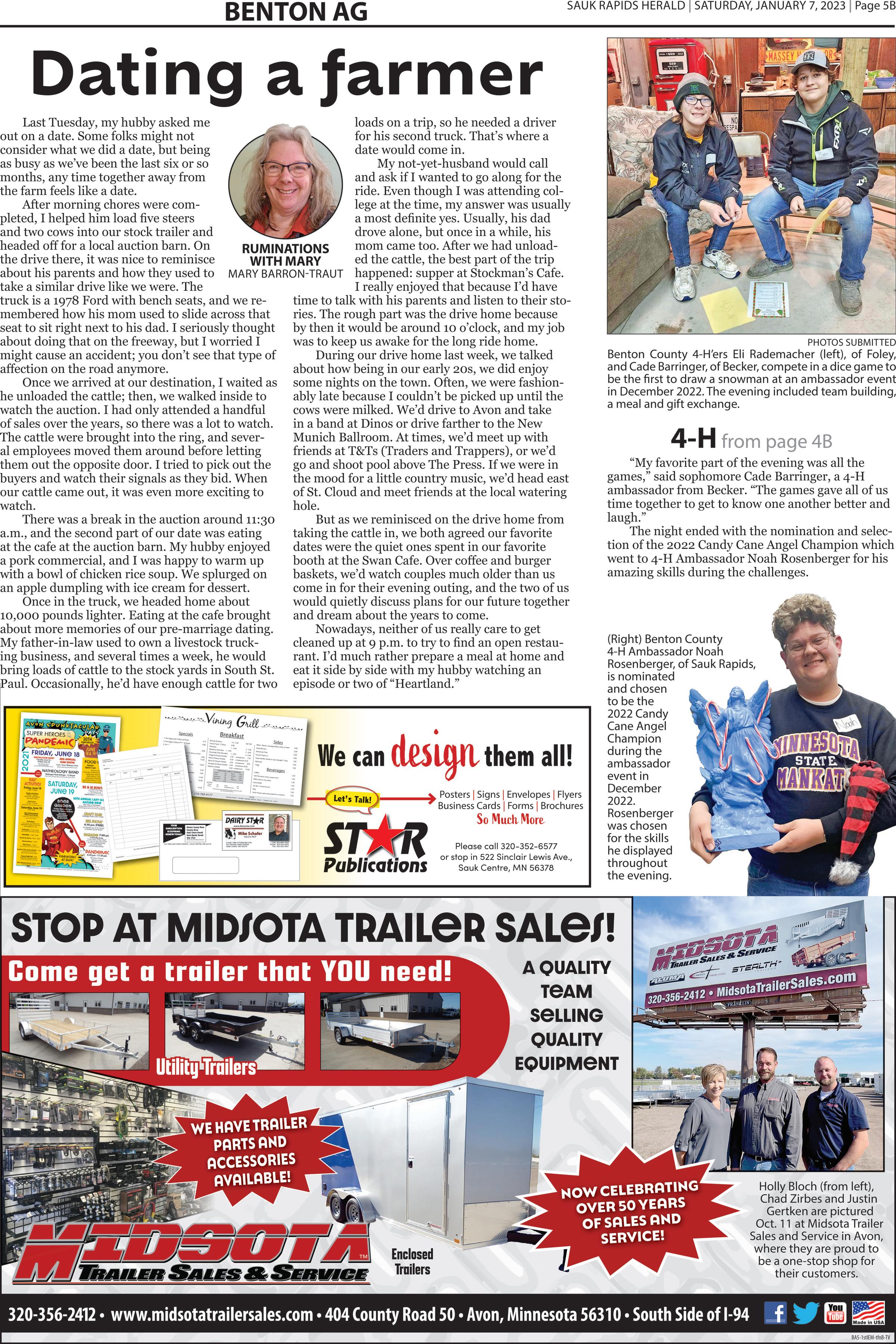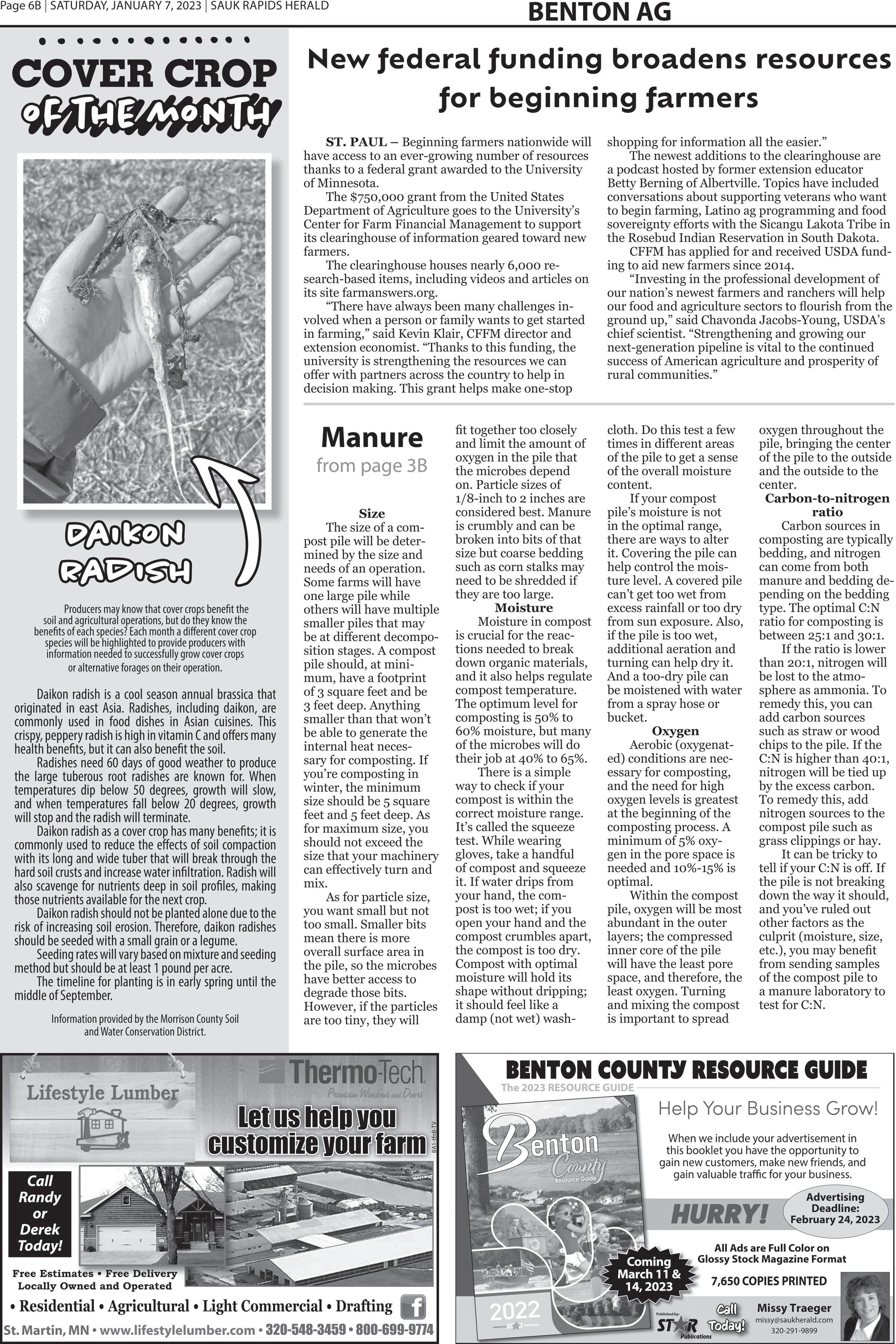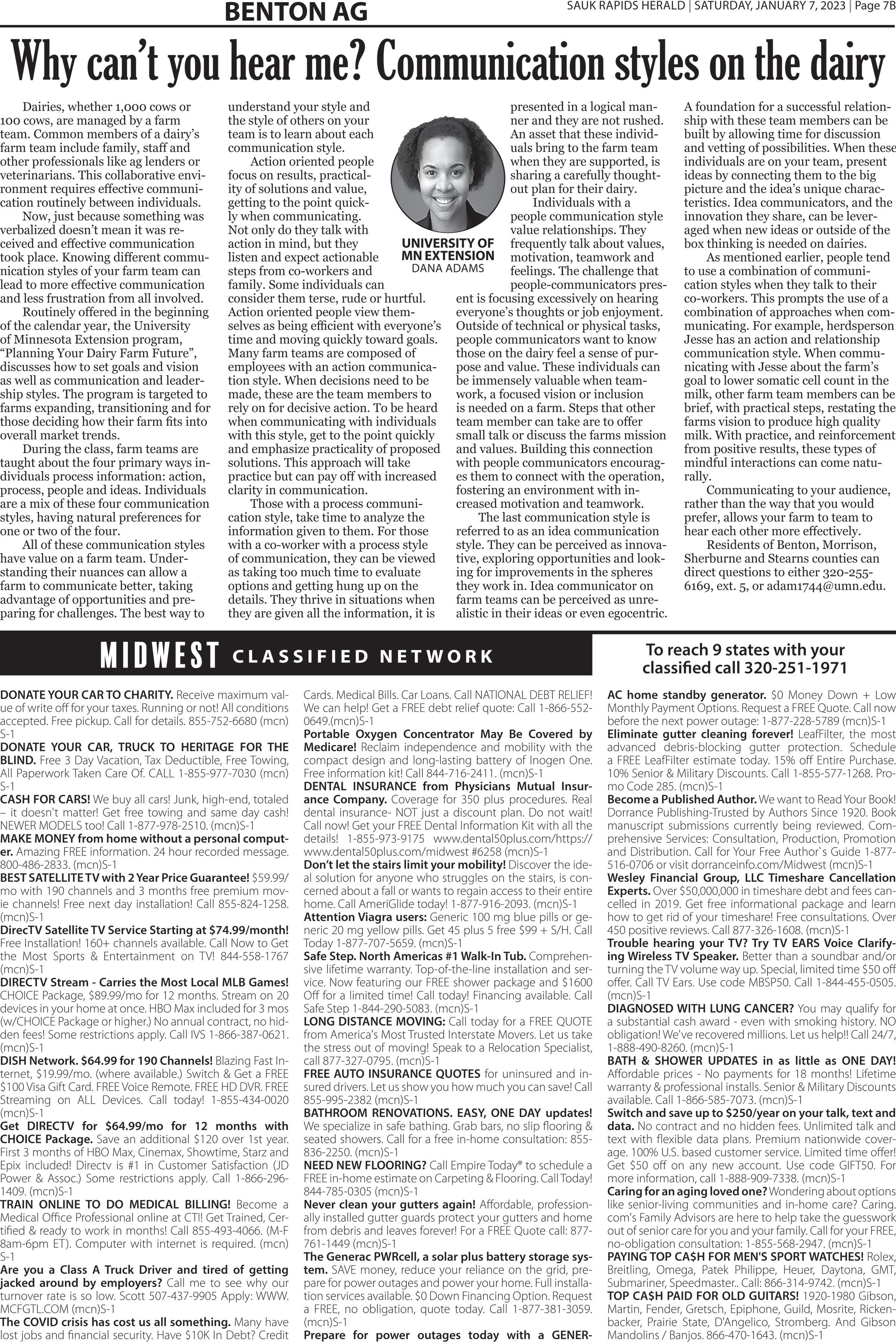




Editor’s note: The following is one article of the Top 10 Minnesota Crop News blog posts of 2022, originally published by the University of Minnesota Feb. 3, 2022.
“Oh, sure, yeah, I got a manure pile that’s been composting for a few years now,” the farmer says as he points at a weedy heap that hasn’t been disturbed in years.
While that pile will break down a bit over time, aged manure is not composted manure.
I’ll say it again, and I may get this tattooed on my forehead: Aged manure is not composted manure.
I like to say that composting manure is as much of an art as it is science. Proper com-
In the life cycle of a compost pile, there are three temperature phases that can be monitored with a probe. If a pile is too cool or too hot, a person may need to begin troubleshooting and remedying to achieve successful results.
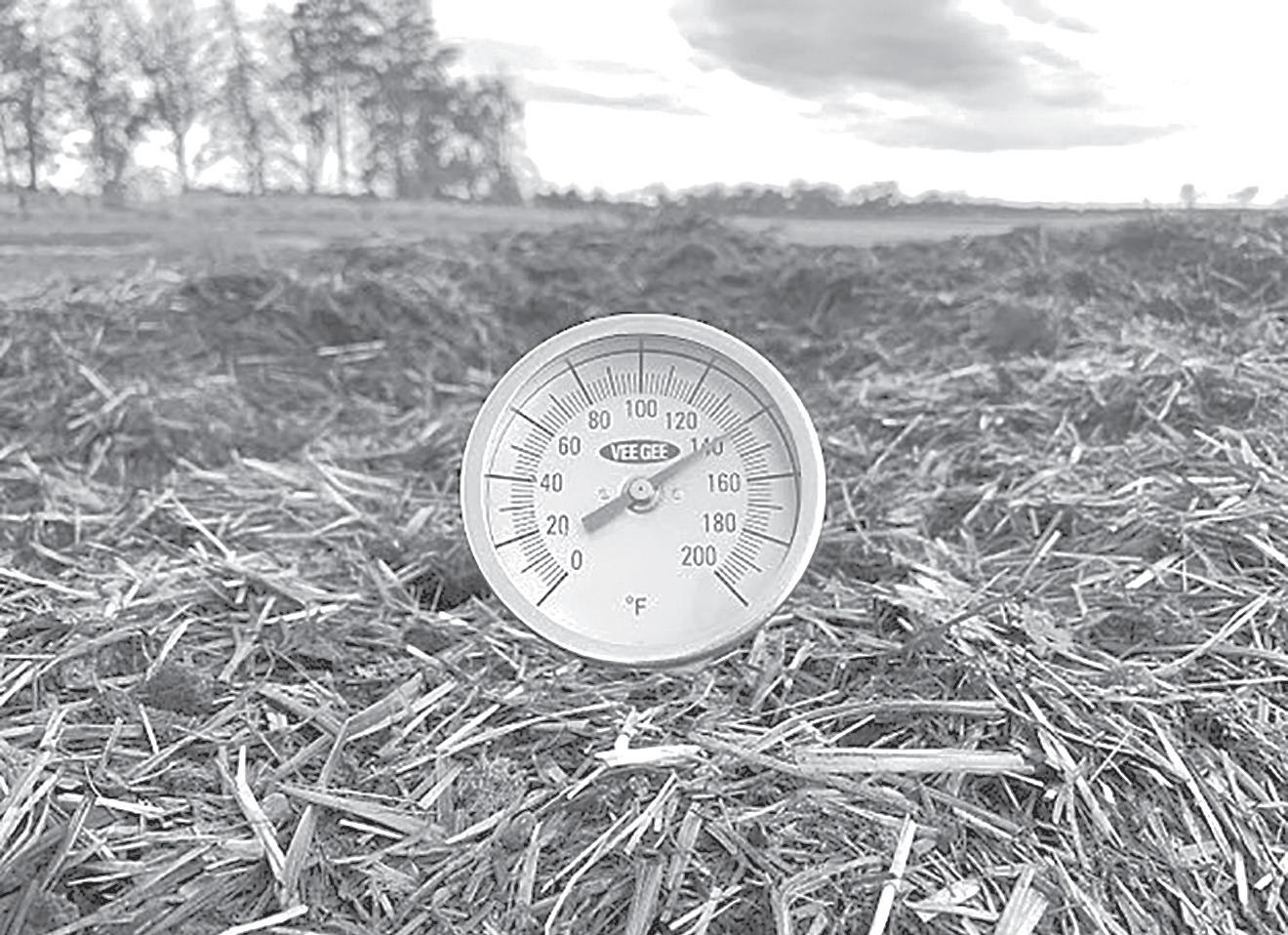
posting needs regular, active management with the right combination of temperature, size, moisture, oxygen and carbon-to-nitrogen ratio to keep the microbes happy and make the piles break down into compost — that beautiful, earthy, soil-like product.
Temperature

Much like people, taking the temperature of





a compost pile can show you if you have a healthy system or one in need of a check-up. In the life cycle of a compost pile, there are three temperature phases:
– Warm-up: The period from pile construction until the internal temperature reaches 105 degrees.





– Thermophilic (hot) composting: This is when
the microbes do the heavy lifting of decomposition.

– Cool curing: This occurs after the composting phase is complete and the material stabilizes.
The University of Minnesota Extension is offering training for those who work with or know farm families experiencing stress, loss or tough decisions for their family or business. The training takes place from 9 a.m. to 3 p.m. Tuesday, Jan. 10, at the St. Cloud Regional Extension Office, 3601 18th St. S., St. Cloud. Training is free but people must register at z.umn.edu/ lossandfarming.
“A Changing Way of Life: Ambiguous loss and farming” helps farm families understand and name ambiguous loss and helps to provide strategies for moving forward. In the changing farm and rural landscape, loss of land, livestock, changing markets and relationships can be ambiguous losses that lead many to feel stuck. This facilitator training will prepare people who work with farm families to provide support.
Questions can be directed to Emily Krekelberg at 612756-3977 or krek0033@umn.edu.
Four webinars in January hosted by University of Minnesota Extension Educators David Bau and Nathan Hulinsky will discuss farm transition and estate planning. The free webinars take place 10 a.m. to noon Wednesdays. Participants can register at z.umn.edu/23farmtransition.
The first webinar, “Developing your farm transition goals and assembling your team,” took place Jan. 4 prior to this issue of Benton Ag Plus going to press.
Wednesday, Jan. 11 – “All things tax: Gifting, selling and transferring”
Wednesday, Jan. 18 – “Wills, trusts, ownership titling –What does it all mean?”


Wednesday, Jan. 25 – “Putting the basics together: Estate, retirement, healthcare and business transfer planning.
“I love being with little kids,” Montag said. “Watching their eyes light up when a princess gure walks in the room just to hang out with them is the best thing in the world. If I can make all those little kindergarteners’ days a little better. I think that’s worth it.”
The other three dairy ambassadors are planning to soon visit the kindergarten classes at Foley Elementary School and St. John’s Area School in the upcoming weeks.

Throughout all three stages, temperature should be monitored with a thermometer probe. If your pile should be in the thermophilic phase but will not heat up to at least 110 degrees, or it’s soaring to temperatures over 160 degrees, there might be a problem with one or more of your pile components. Sometimes, the pile just needs to be turned. But if the toocool or too-hot pile is still not hitting the right temperature range, you need to start troubleshooting with the other components listed below.
This free, two-hour event will focus on leadership and communication and aim to increase resiliency in a changing industry environment. Participants will learn about family member personalities and communication and how it affects performance. The session takes place from 7:30-9:30 p.m. Jan. 19 at American Legion Post 271, 770 Dieckmann Drive, Paynesville.

Registration not required.
For questions, contact Dana Adams at 320-255-6169, ext. 3 or adam1744@umn.edu.
This free, two-hour event will focus on farm goals and planning for future farm success. The session takes place from 12:30-2 p.m. Jan. 26 at Pizza Ranch, 202 Lemieur St., Little Falls.
Registration not required.
For questions, contact Dana Adams at 320-255-6169, ext. 3 or adam1744@umn.edu.
From the comforts of home, a three-day webinar series will teach about pollinators and conserving habitats for their survival. Free, one-hour sessions take place 12:30-1:30 p.m. Jan. 31-Feb. 2. “Creating a Pollinator Friendly Garden” (Jan. 31), “Bee Lawns: Building Lawns for the Conservation of Pollinators” (Feb. 1) and “Navigating Natives: Tools and Resources for Starting a Pocket Prairie” (Feb. 2) are offered via the teleconference platform Zoom. Register for the link at z.umn.edu/ beeseries.
The University of Minnesota will be offering a free workshop from 1-3 p.m. Feb. 8 at Milk and Honey Ciders, 11738 County Road 51, St. Joseph. The workshops will provide guidance on proper pruning methods and focus on the hands-on practice of pruning trees at apple orchards. These workshops will be useful for homeowners, gardeners, Master Gardener volunteers and orchardists of all experience levels.
Pruning apple trees properly is important to optimize fruit growth and ease of harvest. Extension educators Anthony Adams, Quincy Sadowski and Annie Klodd will lead participants through the considerations and techniques for proper pruning.
Participation will involve being outdoors and using pruning shears and loppers, so attendees are encouraged to dress appropriately for the weather and activities involved.
Each workshop is limited to 25 participants. Registration is required at z.umn.edu/applepruning2023.
For questions or assistance, contact Adams at 320-2556169, ext. 6 or Sadowski at 320-255-6160, ext. 3.


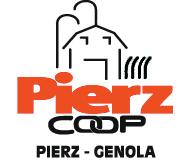
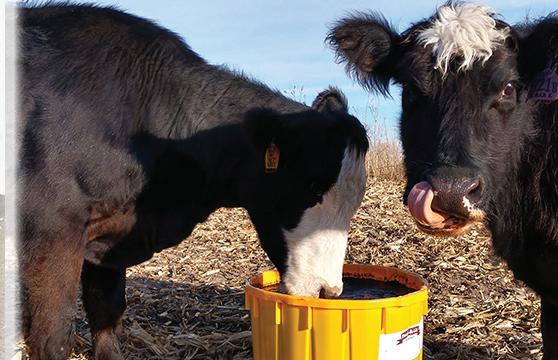
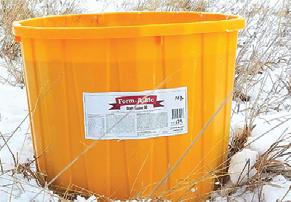





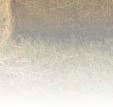




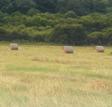
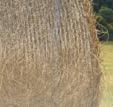
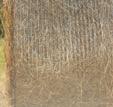
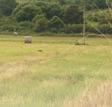
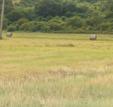
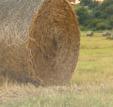
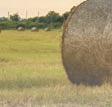

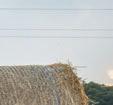
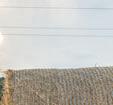
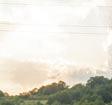






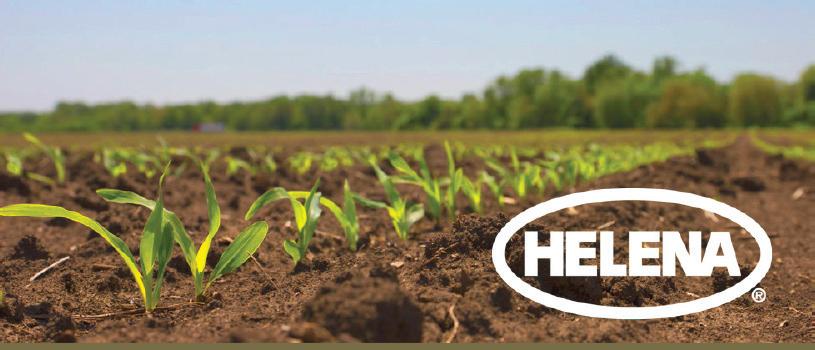
In December 2022, 25 Benton County 4-H ambassadors enjoyed an evening of team building games, planning and eating and a gift exchange at the Boyle home in Foley.

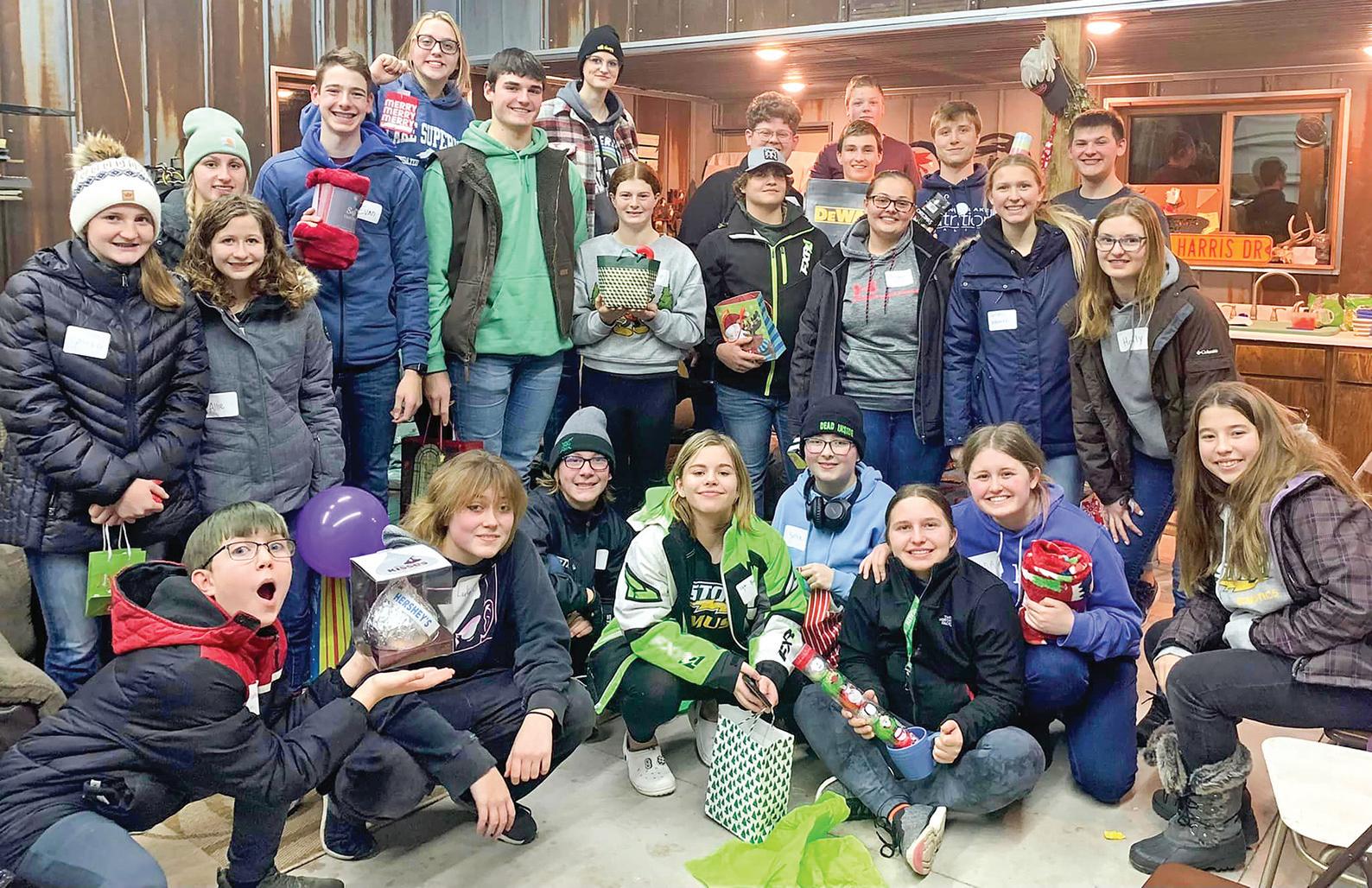
During the ambassador meeting, the youth discussed upcoming plans for ambassador events. Several shared their favorite part about being an ambassador and motivation for the role.
Another important part of the evening was creating opportunities for seventh through 12th grade youth to get to know one another.
